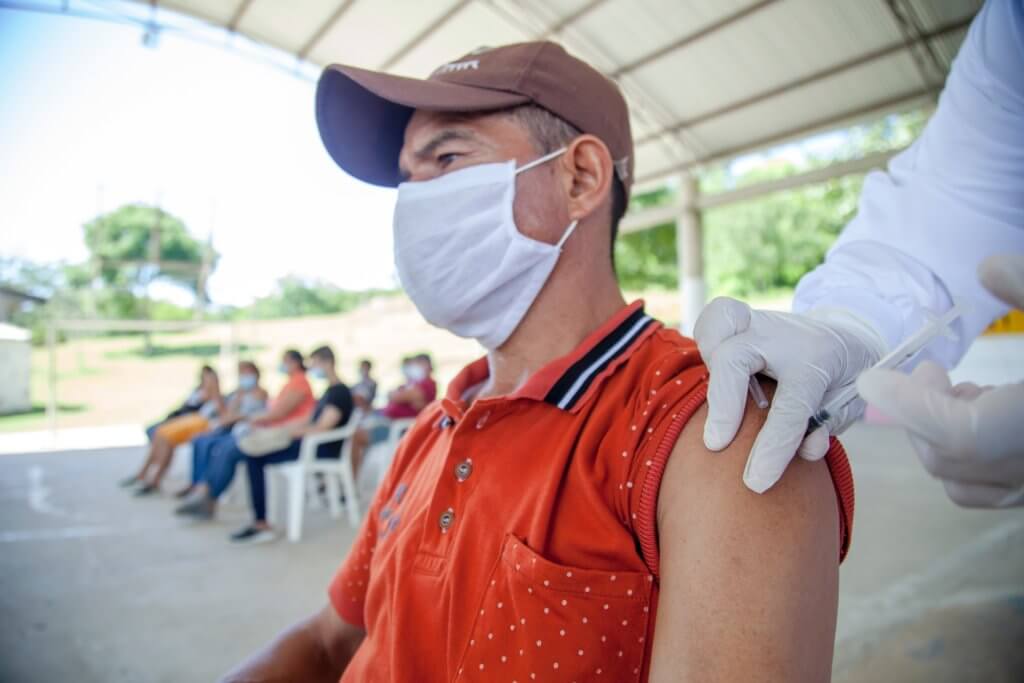GENEVA, Switzerland — A new study has found startling evidence about the rapidity with which immunity against COVID-19 wanes, especially against the Omicron variant. Even with the protection obtained through vaccination, previous infection, or a combination of both, a significant portion of the public remains at risk.
The global battle against COVID-19 has seen waves of infections and numerous variants. While vaccines have been a ray of hope, the resurgence of cases, even among the vaccinated or previously infected, highlights the dynamic and challenging nature of the virus. A team from the University of Geneva (UNIGE) and Geneva University Hospitals (HUG) is adding to a growing body of evidence on the complexities of achieving and maintaining herd immunity.
‘‘Our aim was to assess the secondary attack rate of SARS-CoV2, i.e. the proportion of infected people among the contacts of a sick person, to see the effect of immunity on transmission, and to identify how this effect is divided between reduced contagiousness and protection against infection’’ says lead researcher Delphine Courvoisier in a university release.
Researchers analyzed data from over 50,000 cases and 110,000 contacts from June 2020 to March 2022 in Geneva. Results from the study showed that about one in three people exposed to the virus became infected. With the Omicron variant, the number rises to two in five. Immunity, however it’s acquired (through vaccination or previous infection), substantially reduces this rate, but it gradually fades within a few months.

‘‘This study does not focus on biological samples, but on test results and the follow-up of contacts reported by people testing positive for COVID-19. However, the amount of data available to us means that we can carry out a detailed analysis and adjust the parameters to avoid any bias,’’ notes Denis Mongin, a researcher involved in the data analysis.
Despite the temporary protection of immunity, the risks linked to infection are high, especially for vulnerable demographics — including the elderly, frail, immunocompromised, and those with multiple comorbidities. Repeated infections also come with accumulating risks like cardiac and neurological issues. Notably, factors like age, sex, socio-economic status, and obesity seem to have minimal impact. Further, combining vaccination with a prior infection doesn’t bolster immunity.
In light of the recent findings, relying solely on vaccines might not suffice to curtail another wave. Adopting supplementary public health measures, such as air filtration, consistent ventilation in populated spaces, and wearing masks, particularly around susceptible groups, is crucial. Continued vigilance and awareness will be essential to minimize the effect of another wave of infections, especially as the winter season begins.
The study is published in the journal Nature Communications.
You might also be interested in:
- Hunting season fears: COVID-19 ‘evolving rapidly’ in white-tailed deer
- Do young children need the COVID vaccine? Scientist says it’s OK to wait
- COVID vaccine hesitancy among young adults may make herd immunity unreachable

